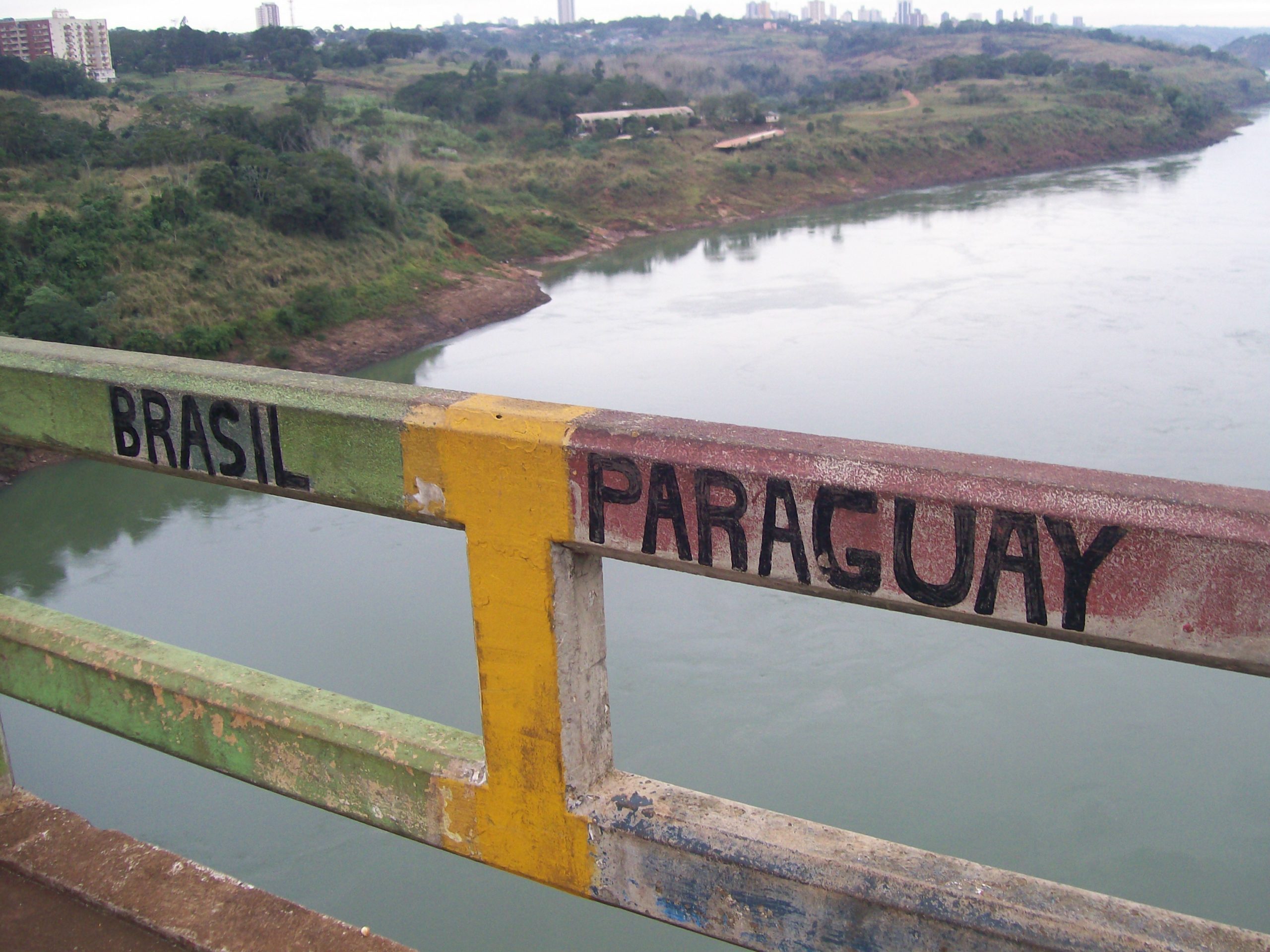The Senate approved the Executive proposal of the Brazil-Paraguay agreement to integrate the border regions between the two countries (PDL 765/2019).
The text was reported by Senator Nelsinho Trad (PSD-MS) and followed for promulgation.
According to the Ministry of Foreign Affairs, the agreement provides legal instruments based on international law for the governments of both countries to continue the integration process of the border locations.
The agreement creates the Border Side Transit Card for residents of border areas, who will also be able to have their cars identified.

Mato Grosso do Sul has more than 400 kilometers of dry border with Paraguay. This project will seek the economic, political, social, and cultural integration of the Brazilian and Paraguayan peoples – said Nelsinho.
The countries also committed to simplifying the rules of public and private transport of passengers and goods, according to the sanitary, phytosanitary, animal, and environmental legislation, when the origin and destination are within the limits of the border locations defined in the agreement.
Some clauses define the cooperation between Brazil and Paraguay, from disease prevention and combat, epidemiological and sanitary surveillance, to cooperation in education.
The two countries will elaborate a joint urban development plan to rationally integrate the cities, harmonize urban legislation, conserve and recover natural spaces and areas of public use, and strengthen their common image and cultural identity.
No rights and obligations established by other existing agreements will be taken away, and the new agreement will only apply to the border localities listed. This list may be expanded or reduced by the countries.
They may even temporarily suspend, in whole or in part, the agreement application in specific locations. But even in this case, the border local transit cards already issued, and the rights acquired with them will be maintained.
The treaty also foresees integration incentives: the public agencies of one country will have to accept the use of the language of the other when the beneficiary applies for the benefits foreseen in the agreement and will not be able to require legalization or consular intervention and translation of the documents necessary to obtain the border local transit card or the vehicle identification document.
Border committees must also be created.
For Nelsinho Trad, the issue of the border resident is an enormous challenge for the public power of the countries involved.
He is far from the large centers, where the State’s presence is greater, and at the same time lives in practically two countries, subject to different work rules, housing, and education.
“Only by recognizing the need for this cooperation can the effective protection of these citizens’ rights be guaranteed,” argues the rapporteur.
Basel
Senators also approved the draft legislative decree with the text of the ban amendment to the Basel Convention (Switzerland) on the Control of Transboundary Movements of Hazardous Wastes and their Disposal, adopted during a conference in Geneva (also in Switzerland) in September 1995.
PDL 696/2019 was approved in the CRE with a favorable opinion from the rapporteur, Senator Mecias de Jesus (Republicans-RR).
Brazil enacted the text of the Convention on the Control of Transboundary Movements of Hazardous Wastes and their Disposal in 1993.
Now the ban amendment that altered part of the original text of the convention has been approved.
The amendment divides the countries that signed the convention into two groups: the first group comprises Liechtenstein and members of the Organization for Economic Cooperation and Development (OECD) and the European Union; the second group includes the remaining nations.
The ban amendment prohibits the export of hazardous waste from the first group to the second.
With information from Agência Senado

